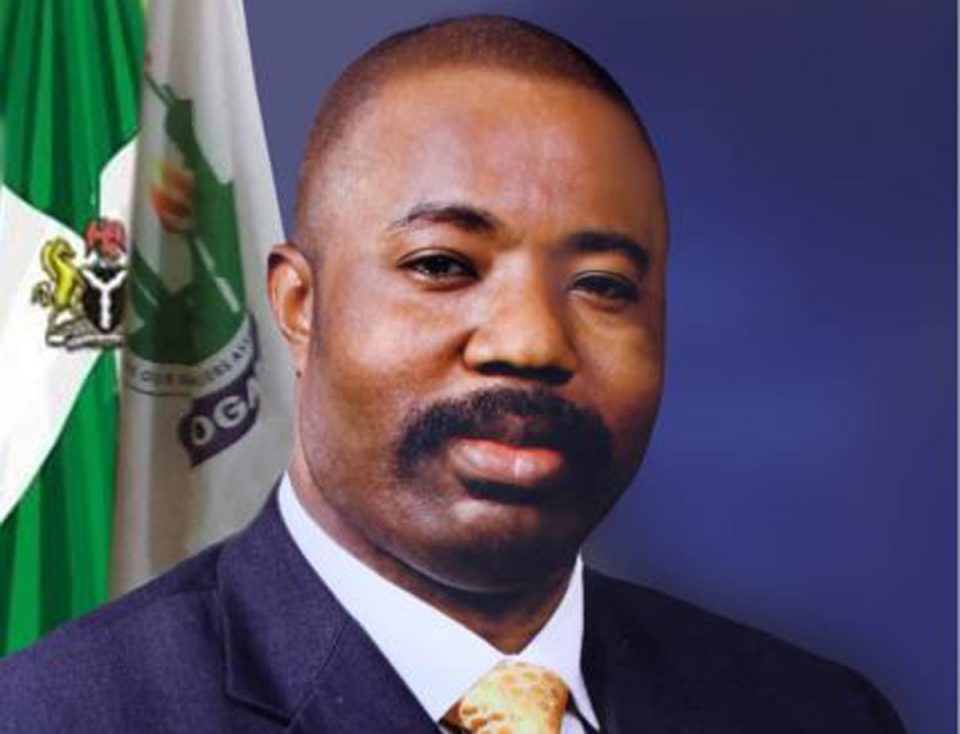Suppliers seek diesel subsidy
Going by the words of the Nigerian Oil and Gas Suppliers Association (NOGASA) President, Mr. Benneth Korie, the Port Harcourt Refinery Company (PHRC) will resume production next week.
Korie said the Minister of State for Petroleum Resources, Timipre Sylva, had confirmed the refinery’s rehabilitation timeline. .
The NOGASA chief told reporters in Abuja yesterday that the resumption of domestic refining would ameliorate the crisis of petrol scarcity and rising price.
He said: “But we know we have assurance from the NNPCL, from the Minister of Petroleum Resources that this month, the refineries will start.
“But they are right, definitely; the refineries will open between now and at least before next month ending.
“And then, you will see the price go down on its own because there is a problem bringing the product outside and loading it from your refinery.”
Korie identified the deplorable state of roads, high forex rate and the cut-throat price of diesel as factors contributing to petrol scarcity aside its landing cost.
Stressing the effect of diesel on petrol pricing in many ways from the depots to the retail outlets, he insisted that diesel subsidy should be preferable to petrol.
He urged the government to consider subsidising diesel instead of petrol.
Korie noted that pruning the cost of diesel to N170 per litre will bring the litre price of petrol to about N90.
He said: “You use diesel too to operate that depot. You use diesel to operate the filling stations. The same thing brings the problem that is high. Until you fix the diesel, if you bring diesel down to N170 per litre, who will sell PMS for you at N100 per litre? They will sell petrol for N90 because the diesel is cheap. That is what you use in piloting it.
“If you want to do subsidy, you go and do subsidy on AGO (diesel) not PMS (petrol), if you ask me.”
Asked how much pump price would be sufficient in view of the petrol logistic cost, he said: “No amount will be good for Nigerians.”
He noted that petrol price was cheaper when the marketers were buying the product from refineries but now they secure it from depots.
The NOGASA president said that exchange rate accounts cost for about 90 per cent of the challenges because of importation.
According to him, the depot owners pay as much as $85, 000 daily to vessel owners that convey the tonnes of petrol for them, a situation he said, makes impossible for marketers to sell government-regulated price.
He said: “Prices of petrol used to be cheap because then, you get it (petrol) from the refineries. But now, you get it from the depots.
“We all know that all our products are coming from outside on importation. And you use vessels to bring these product to your depot it cost money.
“Today, the depot owners are paying close to $85,000 per day to bring in products to their depots. They pay between $80,000 and $85,000 per day to vessel owners in tonnes. If you calculate it and calculate how much they use in running the depots, then you now talk about taking the product to filling stations.
“Yes, the NNPCL is selling product for N148.17 or N150 plus but Nigerians are not considering the amount of money that you spend to bring this product to your stations?”
Noting that the NNPCL was also suffering losses, he said that “even, the NNPCL is also suffering. We (marketers) are not the only ones.”
He said that despite the hindrances, marketers have refused to quit in order to save Nigerians from suffering.
“If we say the price is high, we will not buy, all of us will suffer. So, we sacrifice owing banks and owing outside to borrow money.”




